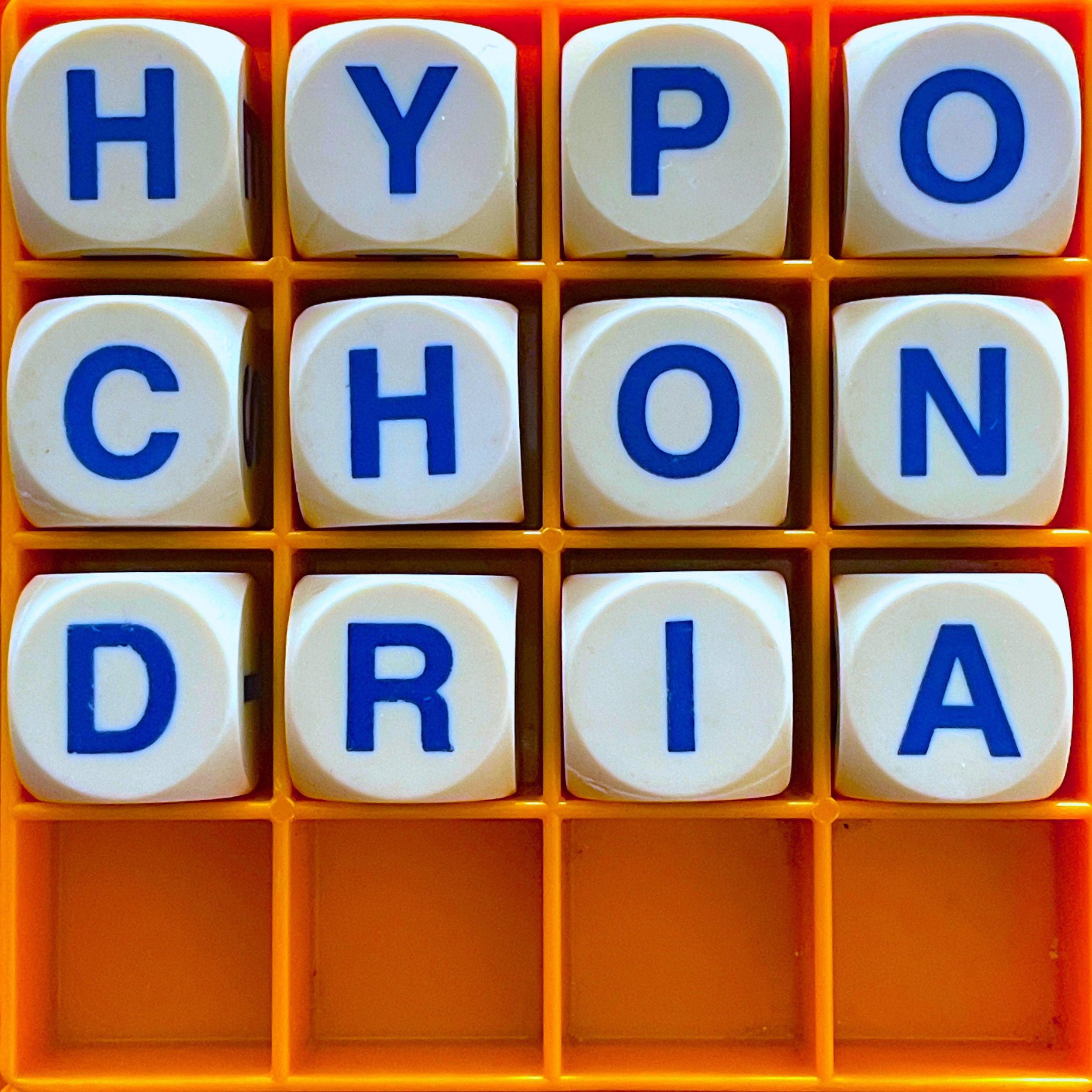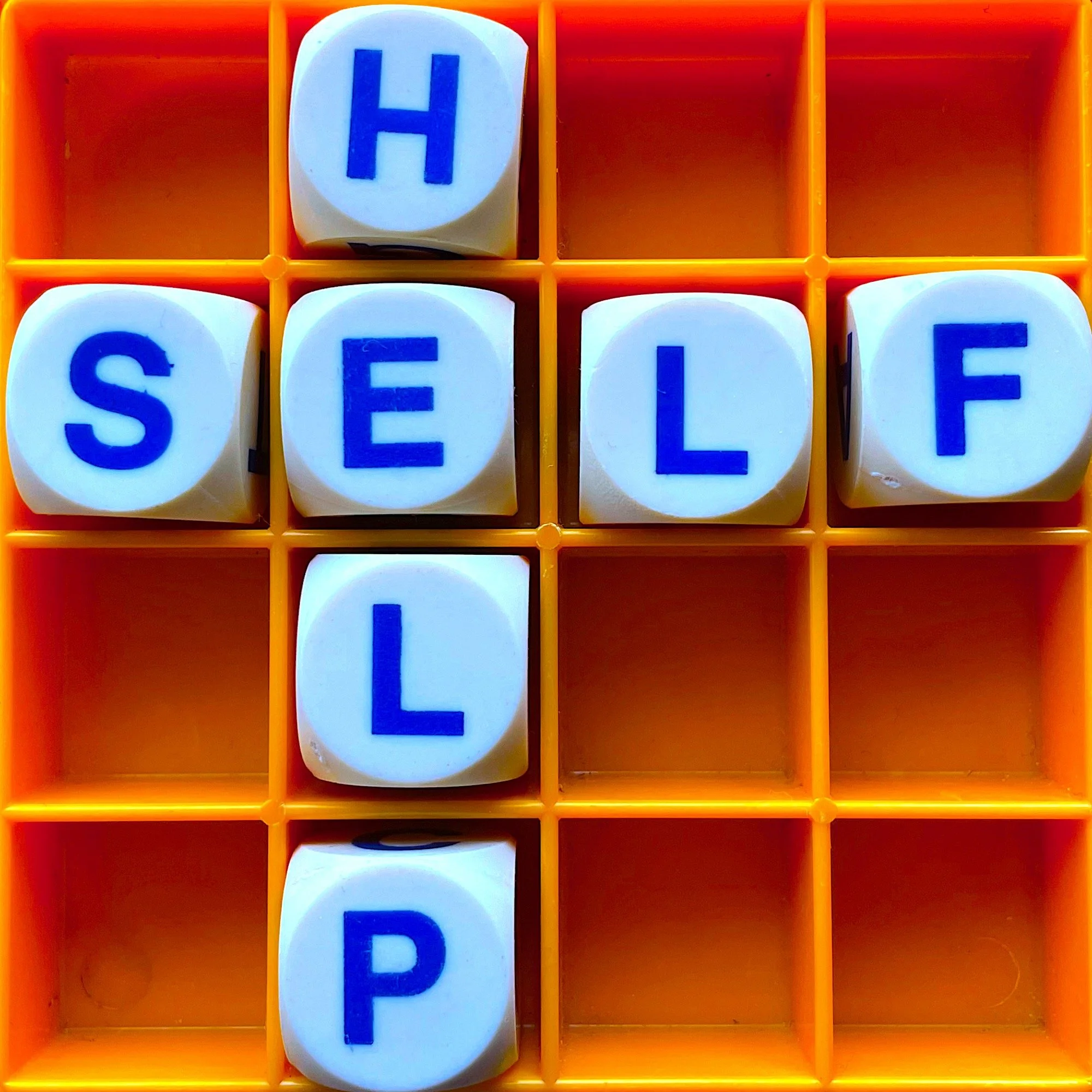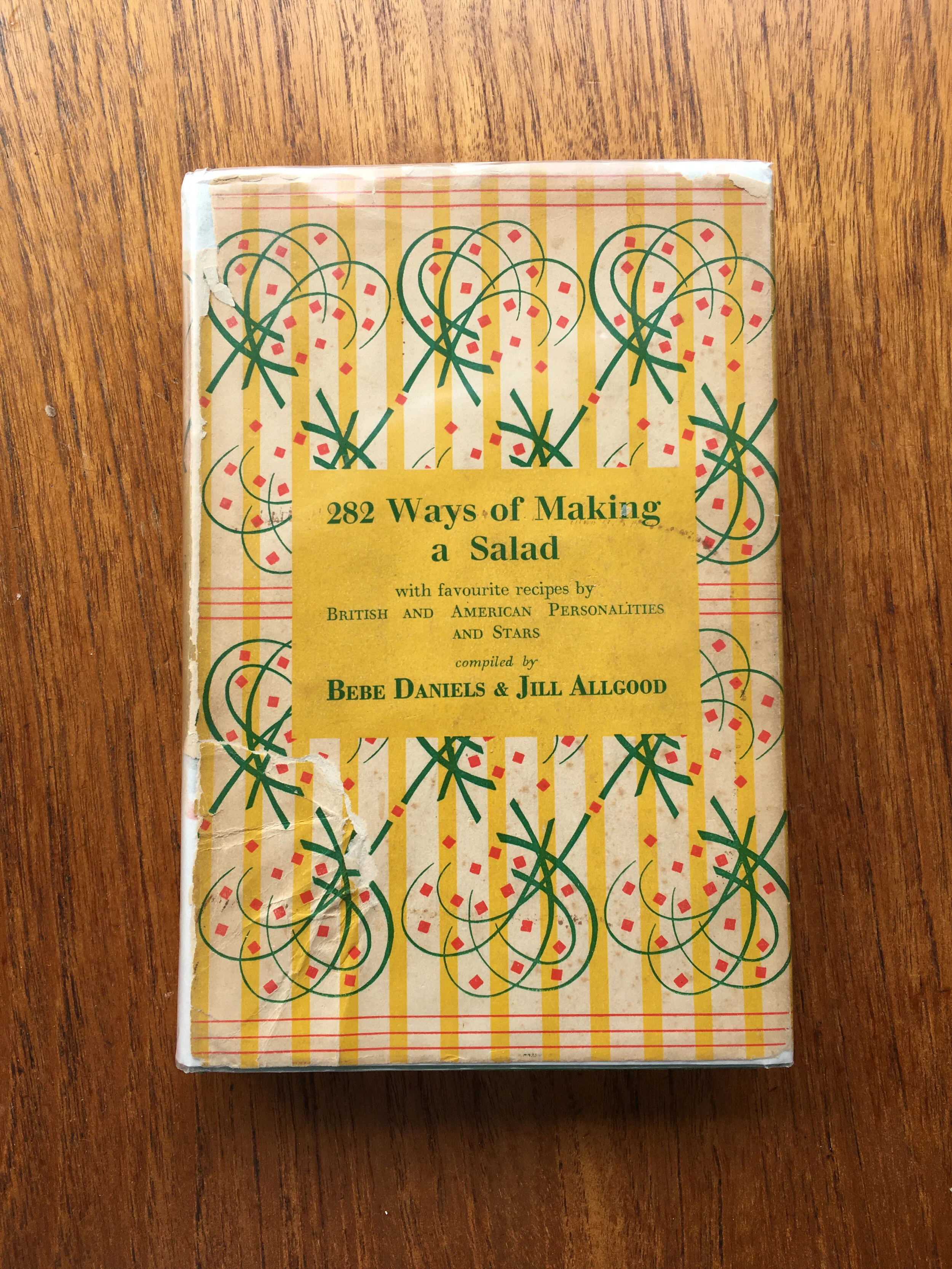CAROLINE CRAMPTON: A lot of the theoretical material that I'd read about hypochondria very much positioned it in this binary situation that either someone has, quote, real illness, i.e. illness that you can detect with a scan or a blood test or some other diagnostic tool, or "It's all in their head and it's made up," and those are the only two ways it can be. But, just personally, I feel like I'm pretty much constantly experiencing some combination of the two. And I think the idea that there is unwarranted fear: I don't think there is any such thing as unwarranted fear, to be honest.
Read moreAllusionist 162 Self-Help transcript
JOLENTA GREENBERG: One of the main things a lot of these books like to do is remind you how bad you are at the beginning. Just like a pickup artist, there will be a chapter or two sort of negging you, or being like, “You know you're lazy about this.” A lot of books make you admit - some even make you write down all the areas like you're failing in or not putting 100% into, and so you literally will have a list sometimes of reasons why you suck. And then they're like, “And now I have the answers!” And it's like, “But you made me make up these problems in the first place.” So they like to dig you in a hole and then be like, “I can dig you out, too.”
Read moreAllusionist 160 Coward transcript
TIM CLARE: Calling someone a coward historically has often been a social lever used by the state to shame them for not doing something the state wants them to do - often walk into machine gunfire. Which, to me, doesn't seem like an act of cowardice to not want to do that.
Read moreAllusionist 149 Complex PTSD transcript
STEPHANIE FOO: I was diagnosed with complex PTSD in 2018. And I had never heard of complex PTSD before. I Googled it; it sounded very serious and very scary.
HZ: And was it very serious and very scary?
STEPHANIE FOO: I mean, yes! I think it is very serious and very scary. I
Tranquillusionist: 282 Salads transcript
Today, I will be reading from the book 282 Ways of Making a Salad.
Read moreAllusionist 138 Mind My Mind transcript
HZ: The term therapy tends to appear in many other contexts, say in ‘retail therapy,’ and I'm just wondering whether that rebounds onto the reputation of psychological and emotional therapy.
LILY SLOANE: Yeah. I mean, many things in life are therapeutic. Sometimes listening can be therapeutic for people. Sometimes going for a walk in the park is therapeutic. Sometimes buying stuff you don't need is therapeutic. But it's not therapy.
HZ: So it's just important to keep the adjective and the noun separated.
LILY SLOANE: And I think the word psychotherapy can be a bit of a turnoff for people seeking therapy. So I'll just say 'therapy' and then they don't know what I'm talking about.
Allusionist 82 A Novel Remedy transcript
When you’re not feeling well, which books do you turn to to make yourself feel better?
I asked this question on the Allusionist Facebook and Twitter, and hundreds of you responded, but a few answers came up again and again:
Terry Pratchett, Douglas Adams, JRR Tolkien.
Makes sense. Science fiction, fantasy: what’s more escapist?
Jane Austen. PG Wodehouse.
Also escapist, thanks to period setting - and, rich people problems not health problems.
Things you read when you were a child: Moomins, What Katy Did, Anne of Green Gables…
Taking you back to a time in your life that perhaps felt safer, or simpler...
...Harry Potter.
Boarding school shenanigans! Wizard problems not real life problems!
And, Agatha Christie.
Poison! Gunshots! Stabbing! Hang on, why would stories about murder make us feel better?
Well, they’re kind of supposed to make you feel better.
Read more






